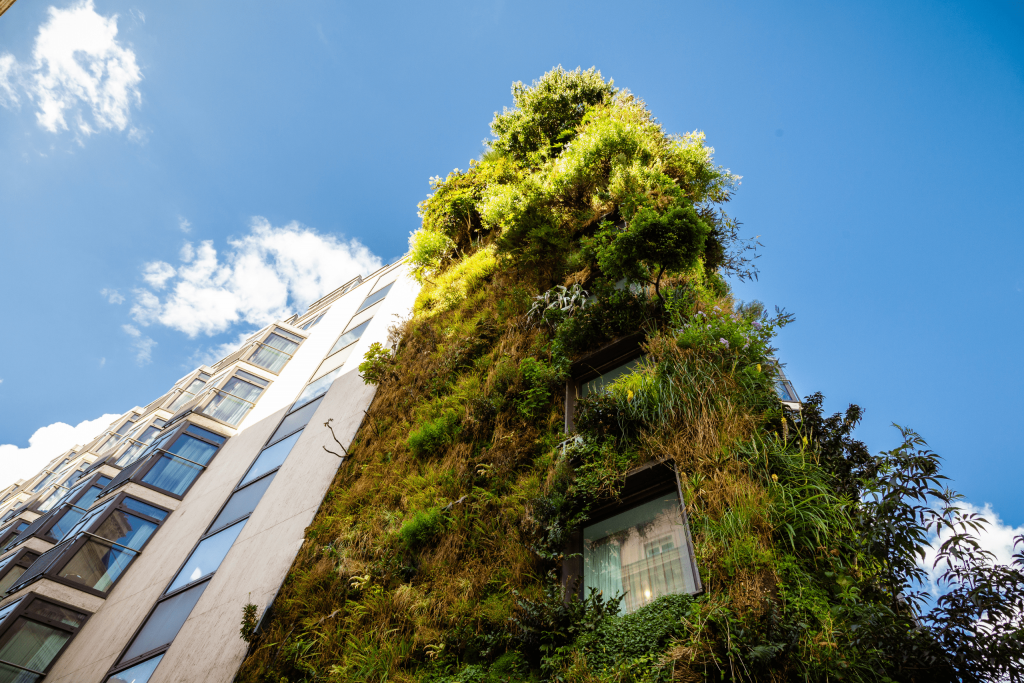
Sustainable Building: Reducing your carbon footprint
Every sector is striving to achieve greater levels of sustainability and the construction industry is no exception. According to a study, building a new house creates between 15 and 100 tons of carbon dioxide, contributing to the gradual decline of the planet. With advancements in technology and research, however, sustainable building is more accessible than ever. Below are just a few considerations for your next project.
Reducing and Controlling Waste
Every project is going to incur some waste, even when it comes to sustainable building. How much, however, is completely controllable and should be a vital consideration for your upcoming project. Ultimately, the aim is to reduce the amount of waste ending up in landfill – a large contributor to global warming!
Some quick and easy ways you can reduce and control your waste include:
- Avoid overordering materials
- Purchase materials that arrive in biodegradable packaging
- Ensure you are properly storing materials to avoid damage
- Create a site waste management plan
Carefully Consider Your Materials
One of the biggest considerations for sustainable building needs to be the materials used. There are more eco-friendly options now than ever before, making this a simple and effective solution for lowering your carbon footprint. Some examples include:
- Sheep Wool – A great, sustainable alternative to typical insulation.
- Bamboo – This plant is much more eco-friendly than standard wood as it regrows in as little as 3 years!
- Reclaimed Wood – Create that rustic feel using reclaimed wood, making steps to help the planet along the way.
- Recycled Plastic – Stop plastic from ending up in landfill by reusing it throughout your home!
Upgrading Your Material Transportation
Transporting goods using petrol or diesel vehicles is a thing of the past, with an increasing number of sustainable options regularly cropping up. We all know burning fuel is bad for the planet, creating carbon emissions and contributing to global warming. Following the creation of eclectic cars, however, there is plenty of variety within the market for electric vans (and even lorries too!) Although these can be more costly, they are a great way to reduce your businesses carbon footprint.
If electric vehicles aren’t a viable option for you right now, you should consider sourcing your materials locally. This limits the distance in which your supplies need to travel, meaning lower carbon emissions.
How We Can Help
Here at Munday + Cramer, we are a team of RIBA qualified architects working alongside trusted contractors to bring your sustainable building project to life. From start to finish, our designers and project managers are here to help you bring your visions to fruition.
Other areas we specialise in include:
- Surveying
- Procurement
- Facilities Management
Contact Munday + Cramer
For more information about sustainable building or any of our other services, get in touch today! You can reach our specialist, RIBA qualified architects by clicking here. Alternatively, give our offices a call on 01245 326 200, where someone will be able to assist you with your query.
